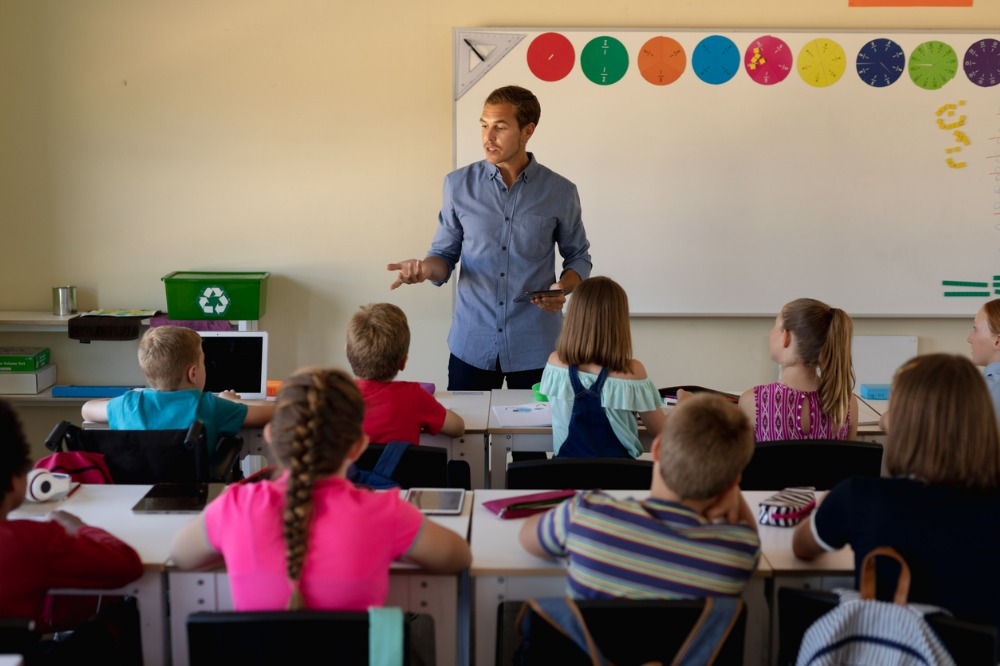
On Friday April 8, school staff and students took a well-deserved breather when Term 1 drew to a close. And to say it’s been an eventful start to 2022 would be a gross understatement.
Between the catastrophic floods that closed thousands of schools, ongoing Covid-19 outbreaks the endorsement of a new Australian Curriculum, the Federal Budget, new NAPLAN data and a damning report into principal health and wellbeing, it’s fair to say that educators have had a lot on their minds since returning from the Christmas holiday break.
If the years 2020 and 2021 were defined by disruption and change, the year 2022 is certainly shaping up to be defined by how schools have adapted to it.
James Thorley, the regional vice president APAC at Turnitin, saw first-hand how quickly educators and students were forced to change their routines at the onset of the Covid-19 pandemic, and says schools need to prepare themselves for more disruptions in the future.
“The most important thing for leaders across all sectors of education is that staff will have to continue to adapt to change at short notice. So, we need to be thinking more carefully about how we can leverage the most successful elements of hybrid learning as we move forward,” Thorley told The Educator.
“Every sector did remarkably well during the last two years, bearing in mind the circumstances. Schools and universities definitely fared well under panic mode. It would be a huge miss, though, if people weren’t bringing more robust plans to prepare for future disruptions.”
Thorley said the recent flood disaster in Queensland and NSW shows that massive disruption can still happen at short notice.
“This means flexibility will be important and should be the lasting lesson of the last two years,” he said.
“I hope that more eyes have been opened in schools. What we used to hear a lot of in schools is that they like using technology but worry about large cohorts of teachers who they thought wouldn’t adapt would not want to use it; the pandemic really forced those reluctant teachers to get up to speed.”
‘The government must rethink how it values and supports teachers’
Despite various supports that have been put in place by governments during the Covid-19 pandemic, many educators continue to feel overwhelmed by large workloads and longer working hours.
Susanne Gannon is a Professor at the Centre for Educational Research / School of Education, Western Sydney University. She says constant attack and undermining of the profession, particularly at the federal level, continues to impact teacher morale.
“Burnt out teachers are leaving in droves. It’s clearly time for the NSW government to rethink how it values, supports and employs teachers as we scramble towards a ‘post-pandemic’ world that might work,” Professor Gannon said.
“Every conversation with a parent I’ve had this week has been about how their child’s schooling is being disrupted by COVID. Every conversation with a teacher has been about school disruptions. Teachers are covering each other’s classes, reorganising year levels, and are on and off themselves as they isolate or grapple with illness.”
Professor Gannon said the pandemic has also put immense pressure on school leaders, who have had to oversee the implementation of massive changes to their teaching and learning frameworks at short notice.
“School leaders are showing organisational abilities well beyond those of any CEO. Agile staffing practices have acquired a sinister new meaning,” she said.
“Everyone is exhausted and committed, trying as best they can to keep students learning and people safe. Teachers really are among the unsung heroes of the pandemic.”


